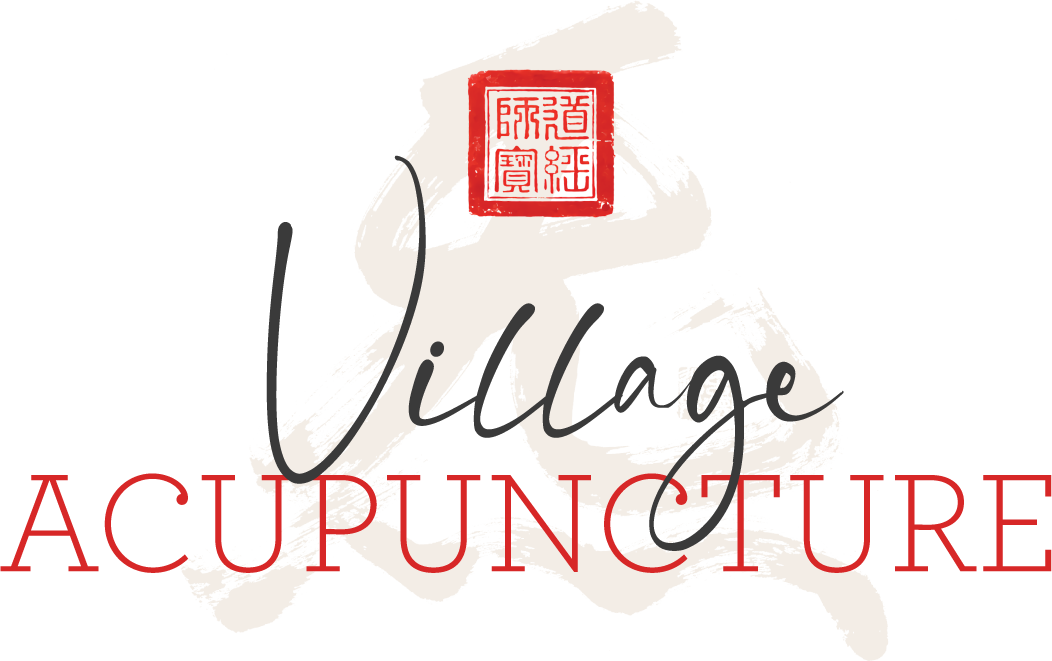Fall According to Chinese Medicine
One of the loveliest things about living in the northeast is the way we experience the four seasons: slowly, inevitably, dramatically. And, although one of the seasons is a little longer and gloomier than the others, there's a sense of balance overall. The cyclical movements get us in touch with different aspects of nature, different aspects of ourselves, until we come full circle to do it all over again.
In Chinese philosophy the endless interplay of yin and yang is what life consists of. It's also what creates the cycles of nature. Winter and summer are the poles. The former's peak yin: peak cold, peak darkness, peak interiority. The latter's peak yang: peak heat, peak light, peak activity. These correspond to Water and Fire, the Kidney and Heart organ systems. Movement between them is life's most basic oscillation.
Between the above poles are spring and fall, the Liver and Lung. Spring is yang within yin, meaning that signs of growth emerge from within nature's apparent hibernation. And fall is yin within yang, meaning that stillness and rest emerge from the almost, at times, manic exuberance of the summer.
Staying healthy
What can Chinese medicine tell us about staying healthy in the fall? First of all, we shouldn't be surprised when we experience symptoms related to the Lung, especially allergies, asthma, shortness of breath, weakened immunity, and melancholy. The cooler temperatures and dry winds of autumn directly challenge the respiratory system. And, on a psycho-spiritual level, there's something innately hard about watching nature go into hibernation. Although we know this perceived death will lead to rebirth, that it's only a gathering-in of resources, it stirs a kind of grief nonetheless. It's natural.
From a dietary perspective, it's important to eat more cooked and warming foods. The Lung is a taiyin organ, paired with the Spleen, which governs digestion. This means that how we're eating and digesting has everything to do with how we're breathing and defending. Those summer salads, while wonderfully nutritious, are hard to assimilate. At a time when we most need the taiyin network functioning optimally, opt instead for soups, stews, and curries. Because they're closer to our body temperature and pre-broken down, we turn them into qi and blood more readily.
We need yin
In terms of flavoring, one can think: "preserve with sour, defend with acrid." Our lungs and mucous membranes need to be moist (in a healthy, not pathological, way). In other words, we need yin. Eating foods like apples, lemons, and pickles helps us to generate fluids. On the other hand, lots of colds go around this time of year. When we want to engage the immune system or bust phlegm, it's wise to engage the yang: garlic, ginger, cinnamon, onions, mustard, and most culinary spices can help.
Above all, fall is a time to start to take it easy. As things in nature consolidate their resources for the long winter, why not do the same? Enjoying the seasons, caring for our lungs, eating digestible foods, and slowing down can all help us navigate autumn gracefully.

